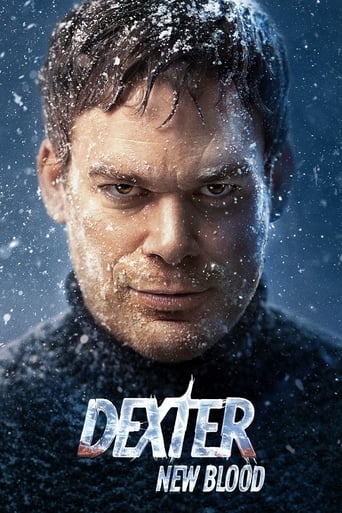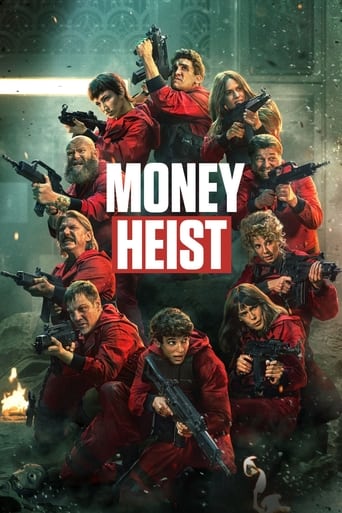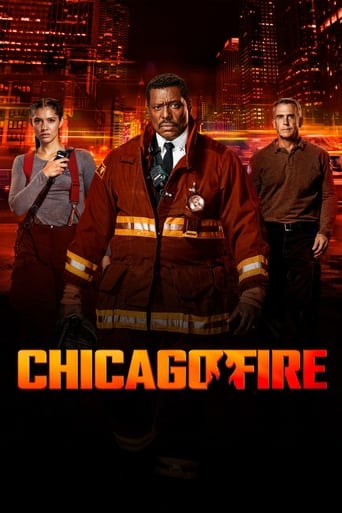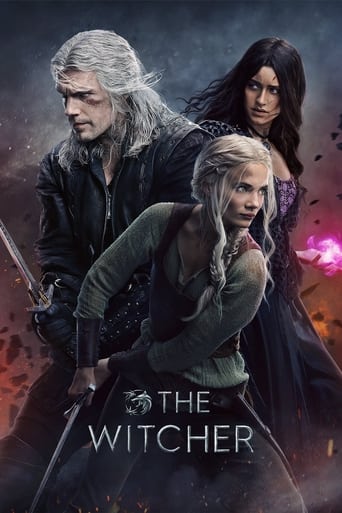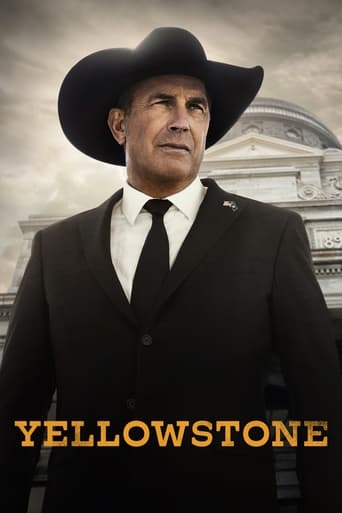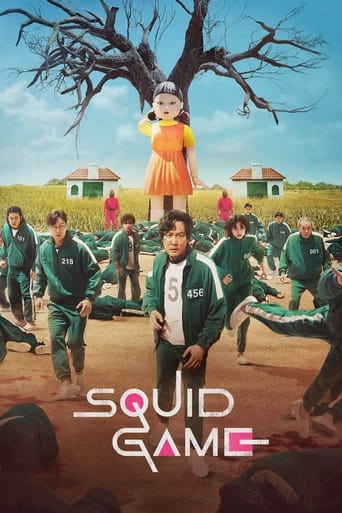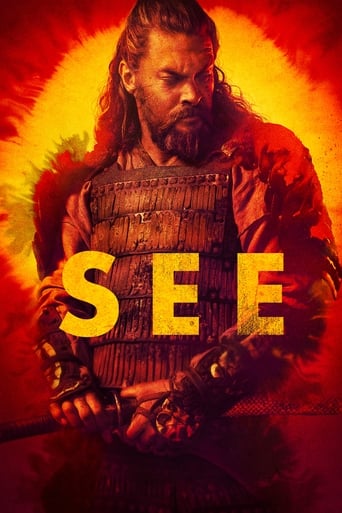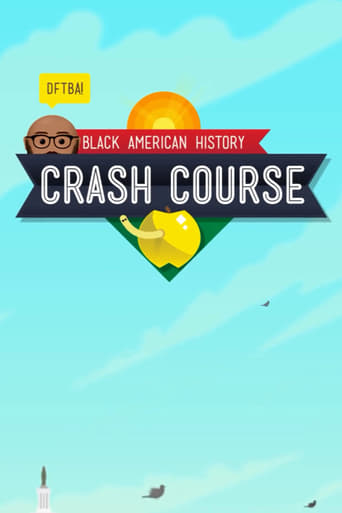
Over the course of 50 episodes, we're going to learn about Black American History. Clint Smith will to teach you about the experience of Black people in America, from the arrival of the first enslaved Black people who arrived at Jamestown all the way to the Black Lives Matter movement.
Seasons & Episode
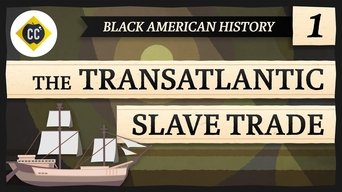
Today we're learning about the Trans-Atlantic slave trade, which brought millions of captive Africans to the Americas between the 16th and 19th centuries, with the largest number of people trafficked between 1700 and 1808. We'll look at the ships and crews that brought enslaved people across the ocean via what was known as the Middle Passage and explore the horrific conditions that these captives endured.
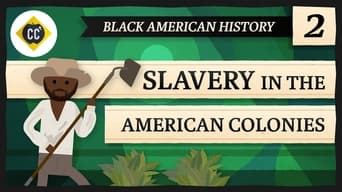
In the 17th century, as the British colonies in the Americas were getting established in places like Jamestown, VA, the system of chattel slavery was also developing. Today, we'll learn about the role that slavery played in early American economy and how slavery became a legally accepted practice in the first place, and how it contributed to the colony’s early economic success. We'll look at the experiences of Anthony Johnson and John Punch to see how legal precedents that greatly influenced the development of slavery were set.
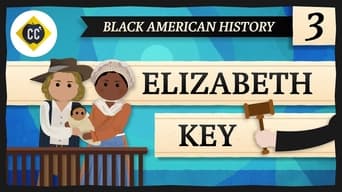
The legal system can seem like a complicated tangle of arcane rules and loopholes, and it can sometimes seem like it is designed to confuse. But it is possible, with the right application, for the legal system to rectify injustices. Today we're going to tell you about one instance of this, the story of Elizabeth Key, who in 1665 won her freedom in a court in Virginia.
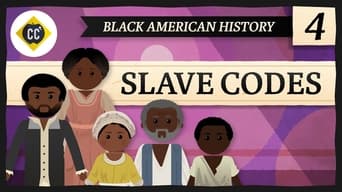
Slave codes were a method of protecting the investment of white enslavers in the Colonies by restricting the lives of enslaved people in almost every imaginable way. The codes restricted enslaved people’s ability to move around, or engage in commerce that could make them financially independent - they restricted the very opportunities that would allow them to live with even relative freedom. Today, we'll learn about how Colonies put laws in place to restrict the movement and freedoms of both enslaved people and free Black people alike.
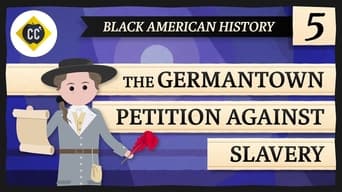
In 1688, in Pennsylvania, a group of four men created the Germantown Petition, which made the case that slavery was immoral, and that it was inconsistent with Christian beliefs in general, and Quaker beliefs specifically. While the petition wasn't ultimately adopted by the Quaker hierarchy, examining the document and its authors' goals gives us a better insight into slavery in the colonies and some of the earliest organized attempts at abolition.
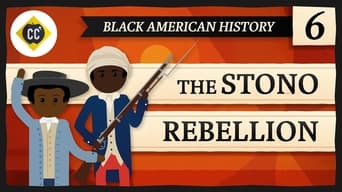
Enslaved people resisted their condition in a range of different ways. Oftentimes those ways were small and personal. There were also times when that resistance took on larger, more dramatic forms, like with slave uprisings and rebellions. Today, we'll learn about the Stono Rebellion, which was an uprising led by enslaved people in South Carolina in 1784. We'll also talk about ways that enslaved people resisted in general and methods like enforced illiteracy used by those who sought to keep people in bondage.
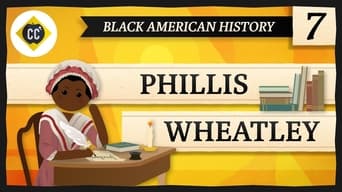
Despite all the hardship of being a Black person in Colonial America, some Black people were able to defy the harsh conditions and create art. Today we're learning about a teenager who attained literacy and wrote poems that reached a large slice of the population and helped changed the ways that white Colonists thought about Black people.
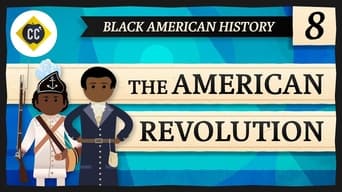
When we talk about the American Revolution and Revolutionary War, the discussion often involves lofty ideals like liberty, and freedom, and justice. The Declaration of Independence even opens with the idea that "all men are created equal." But it turns out, the war wasn't being fought on behalf of "all men." The war was mainly about freedom for white colonists, and liberty, justice, and the pursuit of happiness didn't apply to the Black people living in the British colonies. During the war, Black people took up arms on both sides of the conflict, and today we're going to learn how and why they participated.
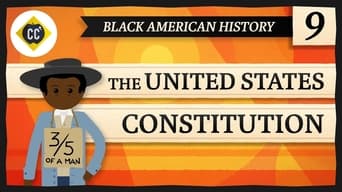
The drafting and adoption of the United States Constitution recalled many of the high ideals of liberty and freedom that were espoused during the Revolutionary War. But the compromises that were made to get all of the new states on board to ratify the Constitution undermined those ideals in a lot of ways. Today we'll learn about the 3/5 Clause and the Fugitive Slave clause, which entrenched the institution of slavery in the fundamental law of the new United States.
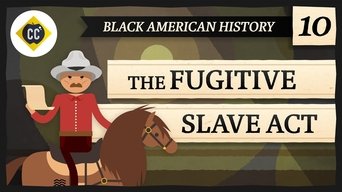
One of the ways that the US Constitution baked the institution of slavery into the very core of the new United States was through the fugitive slave clause. The clause required that people who escaped slavery be returned to their enslavers. In parts of the US that didn't want slavery, the clause sometimes went unenforced. Today we'll learn about how Congress passed the Fugitive Slave Law of 1793 to enforce that clause, how enslavers throughout the country used that rule, and the long-term effects of this law.
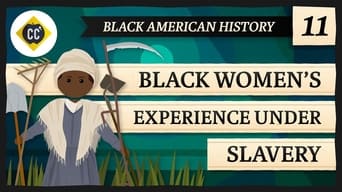
Slavery was inherently cruel and unjust, and it was cruel and unjust to different people in different ways. Today, Clint Smith teaches you about the experience of enslaved women, and how their experience of slavery was different than men. Women had a unique vantage point to understand slavery, and were particularly vulnerable to some terrible abuses under the institution.
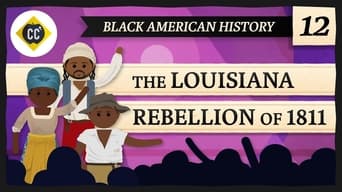
Uprisings of enslaved people in the United States were not uncommon, and they had a big influence on how the institution of slavery evolved. One uprising that gets less attention, historically, is the German Coast Uprising that took place in Louisiana in 1811. A group of enslaved people rebelled, and the after effects would be felt in Louisiana and throughout the nation for decades.
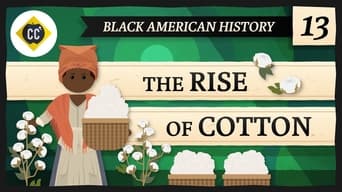
Cotton is everywhere in our modern world, and it became a hugely important crop in the 19th century United States. Cotton was a huge economic boon to the US, and much of that wealth was built on the backs of enslaved laborers. And cotton didn't only benefit the states where slavery was legal. While cotton was mainly grown in the southern states, much of that cotton was processed in northern textile mills. Today we'll learn about the growth of the cotton industry, who benefitted from it, and who was left out.
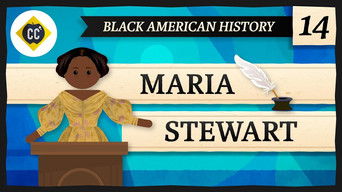
Clint Smith teaches you about Maria Stewart, a Black woman who lived in the 19th century, and was a pioneering abolitionist, writer, and orator. When studying history, we often focus on the big picture and world-changing events. Today we'll focus on how one woman flouted the social conventions of her time and place and became a notable public speaker, thinker, and writer.
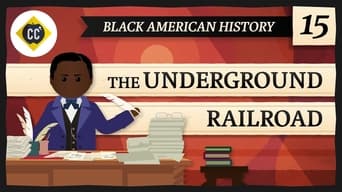
Escape was one of the many ways that enslaved people resisted their captivity in the system of American slavery. The Underground Railroad was not literally a railroad. It was a network of people, routes, and safe houses that helped people escape from slavery in the south to freedom in the north. Today we'll talk about the origins of the Underground Railroad, the systems that helped people escape, and the people who helped along the route.
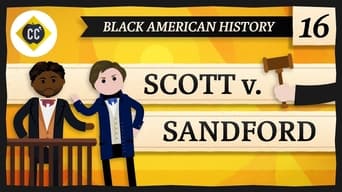
In this video, we'll learn about the US Supreme Court decision in Scott vs Sanford, handed down in 1857. The case ultimately rejected the idea that Black people could be citizens of the United States, and this helped entrench the institution of slavery, denied a host of rights to a huge number of people (both enslaved and free), and increased the tensions between abolitionists and enslavers.
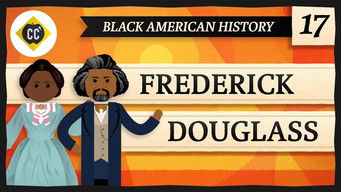
Clint Smith teaches you about one of the most famous writers, orators, and advocates of the 19th century, Frederick Douglass. Douglass was born in slavery, escaped to the North, and became one of the most influential people of his time. Douglass wrote about the experience of slavery in a way that captured the attention of people throughout the world, and his work and influence helped directly in the struggle to abolish slavery and achieve emancipation.
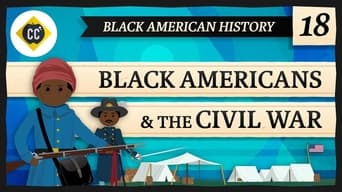
The American Civil War is one of the deadliest in US History, and let's just get this out of the way: it was about slavery. In the more than 150 years since the end of the Civil War, there have been many attempts to litigate the reasons for the war, but the reality is that the root of the division was slavery. As such, Black Americans experience in that war is particularly interesting. Today, we'll learn about how Black people fought and participated in the war, the Emancipation Proclamation, and lots more.
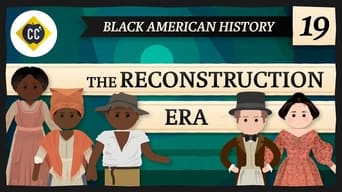
The American Civil War is one of the deadliest in US History, and let's just get this out of the way: it was about slavery. In the more than 150 years since the end of the Civil War, there have been many attempts to litigate the reasons for the war, but the reality is that the root of the division was slavery. As such, Black Americans experience in that war is particularly interesting. Today, we'll learn about how Black people fought and participated in the war, the Emancipation Proclamation, and lots more.
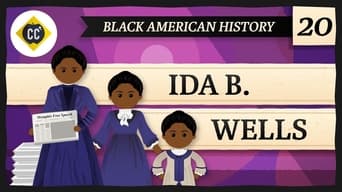
In this video, we'll learn about the life story of journalist, orator, teacher, suffragette, and anti-lynching activist Ida B. Wells-Barnett. Ida B. Wells made her name writing and speaking and working to improve the lives of Black Americans. She wrote for a number of outlets, and covered a wide array of issues.
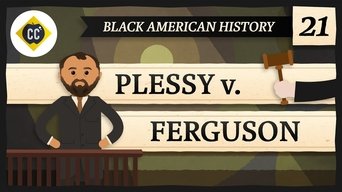
The United States' Constitution is not a very detailed document. It lays out the basic structure of government, and the details are filled in with legislation, and clarified and reinforced by court decisions. One of the most consequential Supreme Court decisions was the 1896 case of Plessy v Ferguson, which set the precedent that segregating people by race was acceptable. This meant that every public accommodation had the right to refuse to serve Black Americans, and that even public institutions like schools could be segregated. While the decision did stipulate that the segregated accommodations be "separate but equal," the equal part of that equation was often left out.
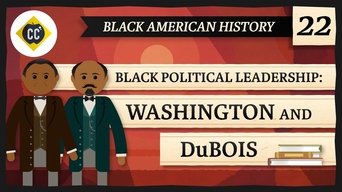
As the 19th century gave way to the 20th, Black Americans were searching for ways to think about how and where they would fit into a post-slavery society. There were several competing schools of thought. Booker T. Washington and W.E.B. Dubois were essential to some of the most prominent ideas in this arena.
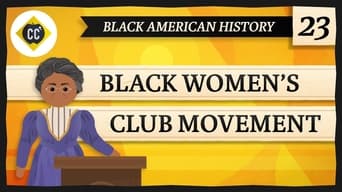
In the late 19th and early 20th centuries, Black American Women were struggling with both racism and misogyny as they fought for their rights. Black Women formed clubs and organized to make sure civil and political rights were extended to ALL Black people, not just Black men. These clubs were grass-roots organizations of middle-class women who were often only one generation removed from slavery. Today we'll learn about the origins of these clubs and some of the notable women who drove this movement.
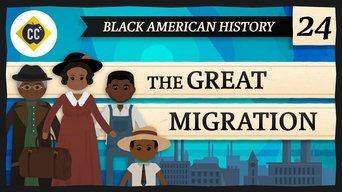
In 1910, 90% of Black Americans lived in the South. By 1940, around 1.5 million Black Americans had left their homes, and 77% lived in the South. By 1970, 52% of Black Americans remained in the South. People moved away for many reasons, including increased opportunity in the more industrial North and West. They sought a relatively safer life away from the lynchings and violence that were concentrated in the South. This Great Migration shaped 20th century America in countless ways, but we're going to try to count some of them in this video.
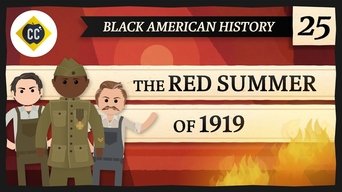
During the Red Summer of 1919 violence against Black people broke out across the United States. Black people and neighborhoods were attacked in Washington DC, Chicago, Tulsa, and many other cities and towns across the country. Post-war tension over jobs and civil rights and populations shifts like the Great Migration led white Americans to lash out.

The Harlem Renaissance was one of the richest, most vibrant, and most culturally generative artistic periods in American history and the work that emerged from that period continues to shape the landscape of American arts and letters today. In this episode, we’re going to explore some of the writers, artists, and musicians who turned Harlem into a world-renowned hub of art and culture, and delve into the factors that brought them all together in the first place.

When we think about the Harlem Renaissance, the arts come immediately to mind. But new political theories were also blossoming during this time. We'v talked about Booker T. Washington and W.E.B. DuBois, but today we'll get into some other thinkers with different ideas about civil rights, fair labor practices, and Black nationalism.

During economic crises, marginalized communities are more susceptible to the harms and struggle that come with these downturns. Today we'll talk about the Great Depression, which lasted from 1929 until the US entered World War II. This depression profoundly changed the US economy, and we'll focus on how the depression impacted Black Americans.

From 1932 to 1972, the United States Public Health Service and the Centers for Disease Control and Prevention operated an extremely unethical medical experiment on the effects of outcomes of untreated syphilis. Hundreds of poor Black men from Macon County, Alabama were enrolled in the study, and treatment for syphilis was withheld from them. Even after antibiotics became available that could cure syphilis, these men were left to suffer from the disease and to expose their families to syphilis as well. Today we're learning about the Tuskegee Syphilis Experiment, a shameful example of racism in American medicine, and a tragedy that still impacts how many Black Americans think about healthcare today.

The Harlem Renaissance produced many remarkable artists, writers, and thinkers. Today we'll talk about one of the most interesting minds of the time, Zora Neale Hurston. Hurston was an anthropologist by training, and spent much of her career studying and documenting the lives of Black people in the southern US. She later went on to write several remarkable novels, including Their Eyes Were Watching God, which we discussed in Crash Course Literature.

Black Americans have long fought in America's wars, very often fighting for a country that doesn't always fight for them. Today we'll learn about the experience of Black Americans in World War II. We'll look at the ways Black men and women served in the armed services during the war, and look at life on the homefront.

The March on Washington of 1963 is an enduring and widely-known event of the Civil Rights movement. But the March has its roots in an earlier planned March on Washington that didn't happen. In 1941, labor leader A. Philip Randolph began planning a gathering aimed at many of the same goals as the eventual 1963 March. Today we'll learn about Randolph, Bayard Rustin, the march they planned, and the movement it inspired. We'll also talk about how the dream of the 1941 march was ultimately deferred for more than 20 years.

In 1955, the Supreme Court ruled unanimously that public schools should be racially integrated, and overturned the separate but equal doctrine established in Plessy v Ferguson decades before. This was made possible by a concerted legal effort spearheaded by the NAACP. Beginning in the 1930s, the NAACP's legal defense fund (led by Thurgood Marshall at the time of the Brown Decision) pursued a strategy of bringing cases to court that would expand the civil rights of Black Americans. This multi-decade effort culminated in the Brown decision, with many other victories along the way.

In 1955, a 14 year old boy named Emmett Till was brutally murdered in Money, Mississippi. The white men who murdered him killed him for being Black. Emmett Till's mother chose to have an open casket funeral, and show the world what had been done to her son. Despite the killers being acquitted in court, the story of Emmett Till and the jarring images of his funeral shocked the nation and were a vital catalyst in turning the civil rights movement into a nationwide phenomenon.

For 381 days in 1955 and 1956, the Black citizens of Montgomery, Alabama boycotted the city bus system. Black riders had been mistreated on public transit all over the country for decades, and the national coverage of the Montgomery Bus Boycott intensified the public conversation about Civil Rights. By the time the Supreme Court decided that discrimination on busses was a violation of the 14th amendment, boycott leaders like Rosa Parks and Martin Luther King Jr were household names and the Civil Rights movements was on the national stage.

Today we're going to learn about perhaps the best-known leader in the Civil Rights Era, Martin Luther King, Jr. From his rise to notoriety during the Montgomery Bus Boycott in 1955, his leadership of the Southern Christian Leadership Conference, the March on Washington in 1963, his work toward the Civil Rights and Voting Rights Acts of the mid-1960s, and his assassination in 1968, Dr. King is very broadly known. But maybe he isn't that well understood. Like many extremely famous people, Martin Luther King can sometimes be drawn as a bit of a flat character, and his ideas can be reduced to platitudes. Today we'll try to give you a fuller picture of the man and leader he was.

A wide range of Americans contributed to the Civil Rights Movement in the 1950s and 1960s. Students and young people were a prominent group of activists within the movement. Today, we'll learn about the Little Rock Nine, the Greensboro Four, the Student Nonviolent Coordinating Committee, and the Freedom Riders. These groups undertook protests and worked to integrate schools and public accommodations by riding segregated buses, demanding service at lunch counters, and even by simply attending school.

In the late 1950s and the early to mid-1960s, a Muslim minister named Malcolm X rose to prominence in the United States during the struggle for Civil Rights. Malcolm X was a member of and spokesperson for the Nation of Islam, and he was a vocal advocate for Black empowerment. His views differed significantly from a lot of the well-known Civil Rights activists of the day, and his views evolved during his ministry. Today, we’ll learn about Malcolm X’s origins, his work with the Nation of Islam, his break from that organization, and his eventual assassination.

Many organizations have made it their mission to expand the rights of Black Americans. The NAACP and the Urban League are examples of influential organizations with long histories. But a long history or extensive membership isn't always necessary to have an impact. Today, we'll learn about the Black Panthers. They were a relatively small, relatively short-lived political party that had an outsized impact on US history.

Women have been a powerful (and largely underappreciated) force in the movement for Black equality in the United States. The Black Power Movement is no exception to that trend. Today, we'll learn about how women contributed to several organizations, including the Black Panthers. We'll also explore how the Black Arts Movement served as a way for women to empower Black People through creative output.

Today we’re learning about Marsha P. Johnson and the Stonewall rebellion. Serving as a pivotal moment in the modern Gay Rights Movement, Stonewall began on June 28th, 1969, and lasted six days in New York City’s Greenwich Village. And even though the rebellion lasted less than a week, the reverberations lasted for generations. Out of Stonewall emerged the establishment of one of the first gay pride parades, increased activism and organizing on behalf of gay people, and greater attention paid to the rights and needs of LGBTQ+ communities.

The War on Drugs is a decades-long United States policy intended to curb illegal drug use and trafficking. Long story short: it has not worked to reduce drug use or trade, and the policy has had devastating effects, especially on communities of color. Today we'll talk about the history of the War on Drugs, what it was trying to accomplish, and how it contributed to the US as a carceral state, and the nation that imprisons more of its population than any country in the world.

In 1972, Shirley Chisholm ran for president of the United States of America as a Democrat. She didn't win, but this was not the beginning or the end of her career in politics. She held a congressional seat in the New York delegation for decades, and Shirley was a pioneer on many fronts. Today we'll learn about her life, her career, and her legacy.

Today, Clint Smith is teaching you about the Civil Rights activist and Icon, Reverend Jesse Jackson. Jackson began his career working with Martin Luther King in the 1960s, and in the 1970s he founded PUSH, an organization to advance the cause of urban, poor, and predominantly Black communities. Jackson ran for president of the United States in 1984 and 1988, and founded another organization, the Rainbow Coalition. Jackson has worked for decades for the cause of Civil Rights and his long career as served as a bridge from the work of the 1960s to the movement for Black lives today.

In this episode of Black American History, Clint Smith teaches you about the complicated history of racial tension in South Central Los Angeles. You'll learn about the Watts Rebellion of 1965, a 6-day uprising in response to police brutality that shaped the landscape of racial tension in southern California for years to come. This tension culminated in two major events -- the murder of Latasha Harlins and the beating of Rodney King in 1991 -- which incited the L.A. Uprisings of 1992.

Today, Clint will teach you about the Supreme Court confirmation hearing of Clarence Thomas. During the screening process, Anita Hill came forward alleging that Thomas had sexually harassed her when the two of them worked together at the Department of Education. The public response to Hill's allegations was tense and split the Black American community along gendered lines. Thomas's nomination was ultimately confirmed by a margin of 52-48, and he became the second Black American appointed to the U.S. Supreme Court.

Music is an integral part of Black American culture. Today, Clint Smith will teach you about rap & hip hop, and the cultural significance of artists including Public Enemy, Wu-Tang Clan, the Notorious B.I.G., Tupac, N.W.A., Queen Latifah, and Missy Elliott. And he just might break dance while doing it.

Today, Clint Smith will teach you about the legendary writer Toni Morrison. Morrison is best known for her novels which chronicle the experiences of Black Americans throughout history. She was the first Black American Woman to win a Nobel Prize for Literature.

In this episode, Clint Smith details his experience as a teenager in New Orleans when Hurricane Katrina made landfall in 2005. The widespread devastation of Hurricane Katrina was a result of faulty levees and a fumbled response by FEMA, and it hit Black residents the hardest. Today, we'll take a closer look at the structural racism that made this disaster so catastrophic.

Barack Obama was the first Black man elected President in the United States in 2008. In this episode, Clint Smith will explore the early life, political career, presidential campaign, and legislative milestones of Barack Obama.
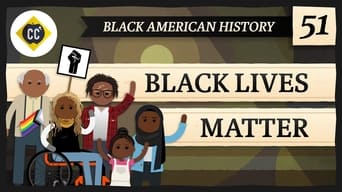
In the final episode of Crash Course Black American History, Clint Smith teaches you about the Black Lives Matter movement. We'll discuss some of the major events that contributed to the rise of BLM, including the deaths of Trayvon Martin, Michael Brown, Eric Garner, and George Floyd, and the way that social media was utilized by Black organizers to gain support for the movement.
Similar titles
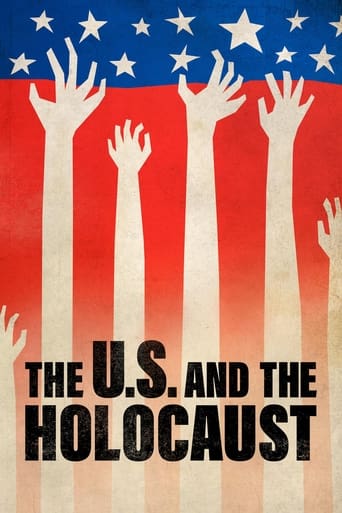
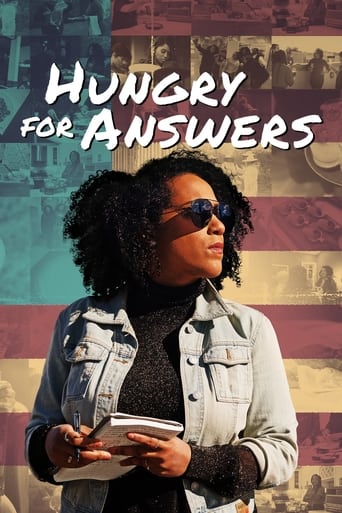
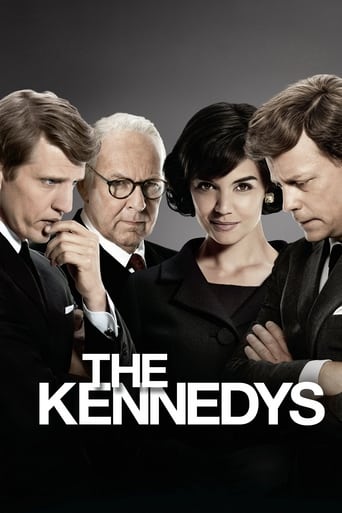
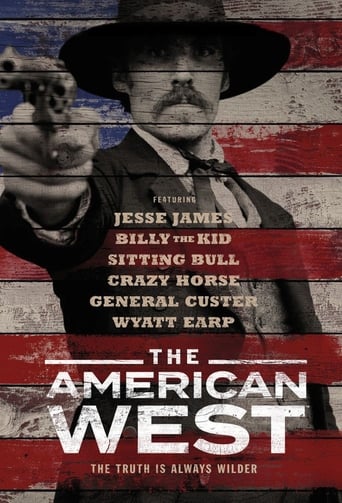
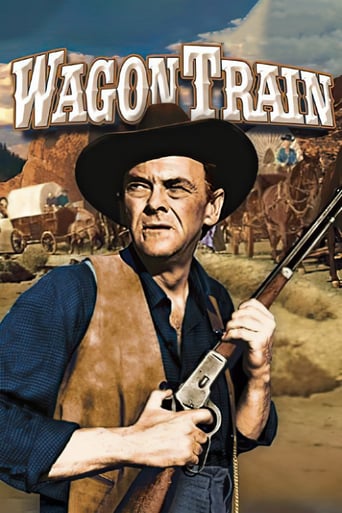
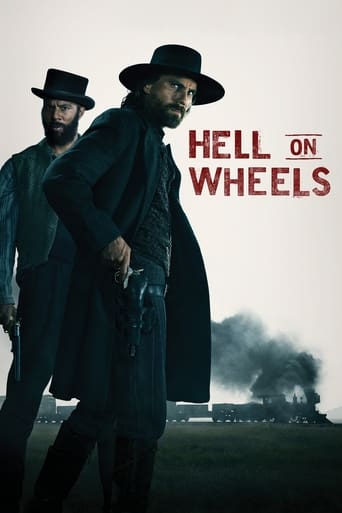
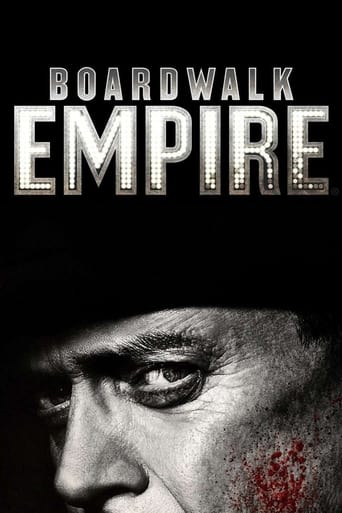
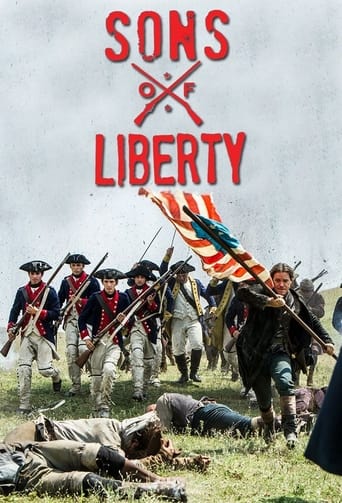
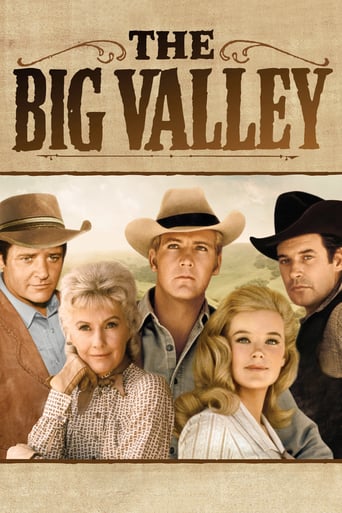
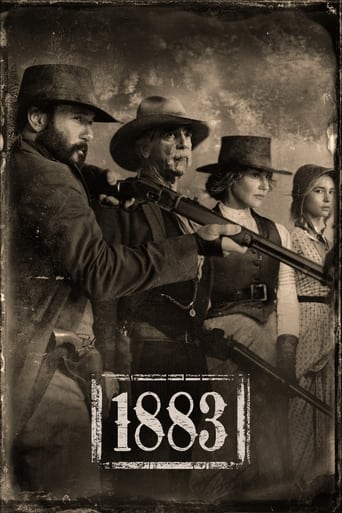
You May Also Like


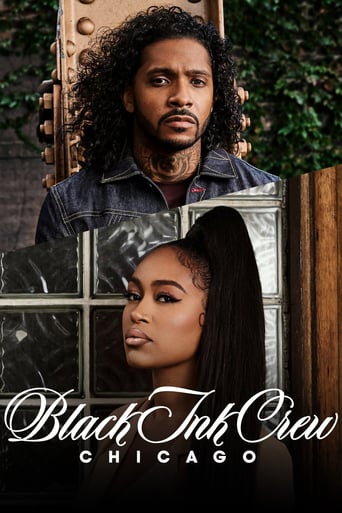
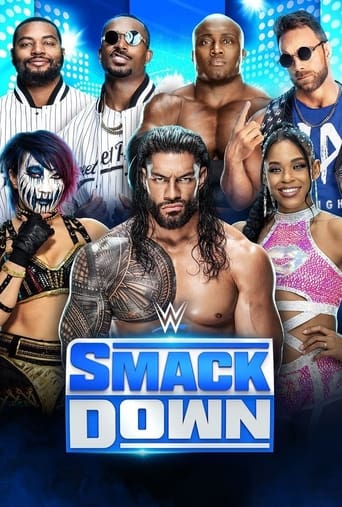
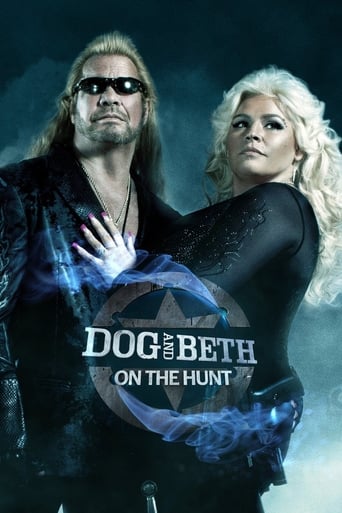

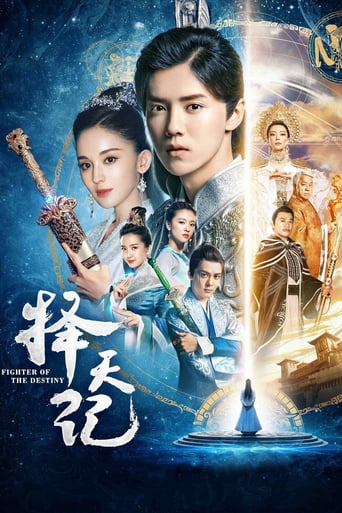

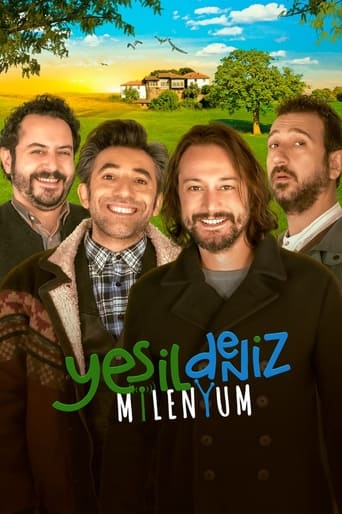
Top Streaming TV Show

